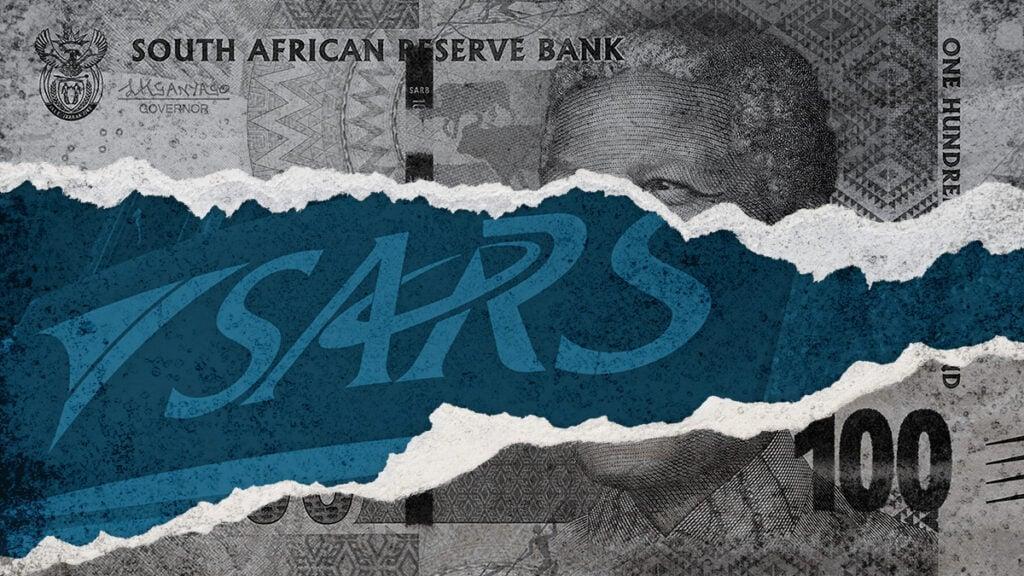Africa-Press – South-Africa. With many South Africans feeling the financial squeeze this year, it is more important than ever for individuals to reduce their tax burden.
South Africans received some relief recently after the controversial VAT hike increase proposed in the National Budget was scrapped.
However, most of the country’s tax base remains under financial stress. For the second year, personal income tax brackets remained the same.
According to Carla Rossouw, the head of Allan Gray’s tax team, this will further squeeze lower– to middle-income earners.
“This lack of adjustment fuels bracket creep, also known as fiscal drag – a phenomenon where inflation-driven salary increases push earners into higher tax brackets, effectively raising their tax burden without an official rate hike.”
Without inflationary adjustments, taxpayers may earn more but proportionately take home less, as a greater portion of their increased income is swallowed by tax.
Rossouw said increasing revenue without officially raising tax rates has become a quiet lever. Essentially, this would hand South Africa’s already overburdened tax base another “stealth tax.”
The level of financial stress South Africans feel is also evidenced by the fact that most two-pot withdrawal requests made in March and April 2025 were from members who had already made retirement withdrawals.
Specifically, Natasha Huggett-Henchie, a consulting actuary and member of the Actuarial Society of South Africa (ASSA), said that around 75% of applications received in the current tax year were repeat claims.
The average withdrawal was R20,000 in the first round of two-pot withdrawals. However, the applications submitted after 1 March 2025 for the current tax year averaged around R6,000.
“We are finding that retirement members are taking all they can as soon as they can,” Huggett-Henchie further explained.
Even though inflation has eased recently, Consumers have also felt the financial strain from their debt obligations, according to DebtBusters’ latest Q1 2025 Debt Index.
The index found that consumers who applied for debt counselling in Q1 2025 had 53% less purchasing power than in 2016. These consumers also spent around 25% of their disposable income on water, electricity, rates, and transport.
On average, they needed 69% of their take-home pay to service debt, rising to a record 77% for those earning R35,000 or more. Unsecured debt levels were also at record highs for these top earners.
How to pay less tax this year
Fortunately, there are several things individuals can do to reduce their tax burden and minimise the amount they need to spend.
This applies to South Africans on the lower and middle end of the income spectrum trying to make ends meet and to higher earners aiming to maximise their savings and investments.
Rehnu Vallabh, senior tax consultant at Tax Consulting South Africa, told Daily Investor that, in the first place, taxpayers can contribute to a Retirement Annuity (RA) or Pension/Provident Fund.
“Contributions to a retirement annuity or pension/provident fund offer substantial tax benefits,” Vallabh said. Individuals can deduct up to 27.5% of taxable income or remuneration, capped at R350,000 annually.
“This not only reduces taxable income but also boosts long-term retirement savings. Note, however, that contributions must be made within the applicable tax year – in this case, before the end of the 2025 tax year.”
Vallabh explained that taxpayers in a registered medical aid scheme can also use medical aid tax credits to reduce their tax burden.
This is because these individuals may qualify for the Medical Schemes Fees Tax Credit, which provides a fixed monthly rebate per primary member and dependent, helping reduce your overall tax liability.
South Africans can also donate to qualifying public benefit organisations (PBO) since these are tax-deductible, provided you receive a valid Section 18A certificate.
Vallabh also encouraged taxpayers to claim travel deductions. You may claim a travel deduction if you receive a travel allowance and use your personal vehicle for business purposes.
“A detailed logbook noting business versus personal kilometres must be maintained to substantiate your claim,” she said.
Taxpayers who work from home may also claim home office expenses, provided the space is used exclusively and regularly for business purposes and meets SARS’s specific criteria.
Finally, Vallabh said that South African tax residents working abroad may qualify for the Section 10(1)(o)(ii) foreign employment income exemption.
This exemption allows up to R1.25 million of qualifying income to be exempt from tax. It is, however, subject to meeting the prescribed conditions, including time spent outside South Africa.
“To maximise your tax benefits, ensure all relevant tax certificates and supporting documentation are included in your annual tax return. If unsure how to claim certain deductions, it’s best to consult a qualified tax professional.”
Source: dailyinvestor
For More News And Analysis About South-Africa Follow Africa-Press






